Country's heavy investment, early-years education yielding results, laureates say
Foreign scientists have expressed their confidence in China's scientific development and say they are looking forward to more collaboration with Chinese scientists and research centers.
Karolin Luger, a biochemistry professor at the University of Colorado Boulder in the United States and a winner of the 2023 World Laureates Association Prize in Life Science or Medicine, said she was very confident in China's scientific development, as its fundamental education is among the best in the world. She added that the young generation is showing growing interest in science, and the country has invested heavily in scientific research.
"I have a lot of confidence (in China's scientific development), because, especially in my field, I've seen what people and labs here are publishing," she said on the sidelines of the sixth World Laureates Forum in Shanghai. "In terms of what kind of problems they're tackling, it's very impressive."
The forum, held from Sunday to Wednesday, attracted hundreds of scientists from 25 countries and regions, including 27 Nobel laureates, for in-depth discussions on topics such as the life sciences, intelligent science and carbon neutrality.
"In the past 15 years, Chinese science has developed on a very steep curve," said Luger, who is also a member of the National Academy of Sciences in the US. "It was really astonishing to watch, especially in structural biology, the advances that this country has taken in pushing the boundaries of structural biology. Some really seminal studies are coming out of Chinese labs right now."
Daniela Rhodes from the MRC Laboratory of Molecular Biology in the United Kingdom, who shared the WLA Prize in Life Science or Medicine with Luger and Timothy J.Richmond, a professor at ETH Zurich in Switzerland, agreed.
"In terms of top journal publication, China has overtaken the US, so overall obviously the investment in Chinese science is working," Rhodes said. "It already has shown results."
Data from the National Bureau of Statistics shows that China spent 3.08 trillion yuan ($425 billion) on research and development last year, up 10.4 percent year-on-year.
China also climbed to 11th position in the World Intellectual Property Organization's Global Innovation Index last year, having risen 23 places since 2012. It is the only country to have risen so consistently and rapidly in the rankings.
"China has made the decision, as far as I know, to really invest heavily in science, and it's really beginning to pay off," Luger said, adding that some of her friends had moved to work in China and she had learned about the country's scientific development environment from them.
Luger said that fundamental research achievements in structural biology could allow scientists to better study anything from cancer proteins to the design of better drugs.
"In the US, it is pretty hard to obtain funding for fundamental research," she said. "If you do research that is paid for by taxpayers' money, people want to see a benefit to their lives. Structural biology is a technique that requires very expensive instrumentation."
Luger has worked with many Chinese scientists in the past 25 years, including Xu Ruiming, dean of the School of Life Sciences at the University of Science and Technology of China, Shi Yigong, an academician of the Chinese Academy of Sciences, and Li Guohong, dean of the School of Life Sciences at Wuhan University.
She said she respected Chinese scientists' contribution to global biology research and was very hopeful for the next generation of Chinese after making the trip to Shanghai for the WLA Forum.
"I'm actually even more encouraged and really impressed by the students that I have encountered in Shanghai," she said. "They were so enthusiastic to talk to us, and very pointed in their questions, and they would really corner us and ask important questions and talk about science."
Luger invited two former team members from China, Zhou Keda and Liu Yang, to the WLA Prize awards ceremony on Monday. The team won the prize for its achievements published in 1997 about elucidating the structure of the nucleosome at the atomic level, providing the basis for understanding chromatin, gene regulation and epigenetics.
"They have done outstanding work in my lab, and now run successful labs continuing work on chromatin structure at the University of Hong Kong," she said. "They do their part to make the world a better place. I couldn't be prouder of them."
Luger said she considered her main legacy to be the people she has trained and mentored. Out of about 70 graduate students and postgraduates she has trained, about 20 percent were Chinese.
"They usually have really good grades, because I think the school system in China honestly is probably better than in the US all the way to high school," she said. "They have a very good math and STEM background."
Arkadi Nemirovski, a professor at the H. Milton Stewart School of Industrial and Systems Engineering at the Georgia Institute of Technology in the US and winner of 2023 WLA Prize in Computer Science or Mathematics, said some of his students had become mathematicians and many were from China.
"They have received the best education and have the best foundation in the world, and they are the most solid in terms of fundamental skills," he said. "China has a cultural emphasis on mathematics, and I believe that China has a great understanding of how to teach mathematics, with high school as a crucial stage for education."
Richmond mentioned a cultural difference between Chinese students and researchers from Western countries that he noticed years ago.
"They didn't necessarily want to say something when it didn't work right, they wanted to be more positive about things," he said. "I think that's the way they learned to be. But it doesn't work in difficult questions of science. One has to be totally open. Criticism helps."
Luger agreed, saying that during her 25 years of working with Chinese people, she had seen things change.
"My earlier students were really afraid to contradict you out of cultural habit," she said. "But the young science lovers are much more argumentative in a really good way, and I can see that they are enthusiastic and articulate."








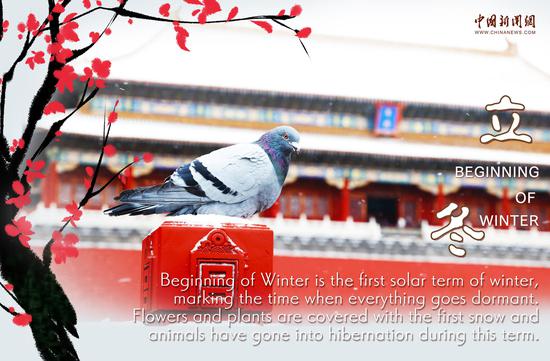
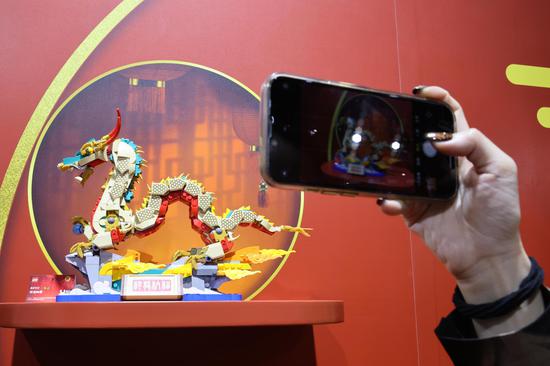


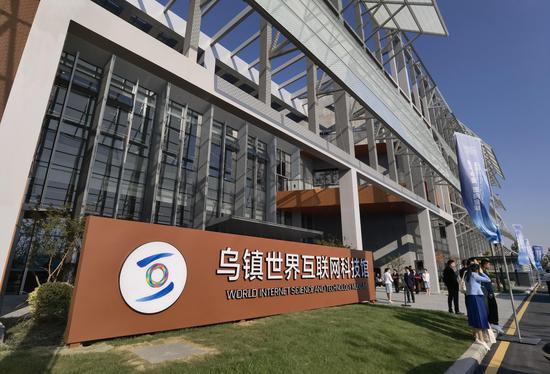


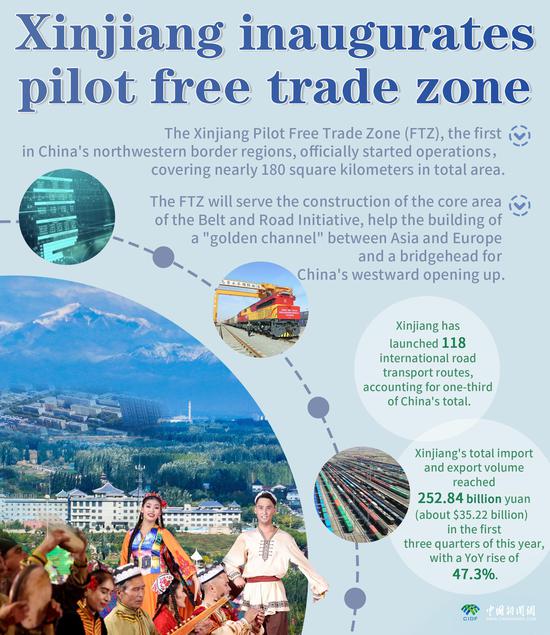
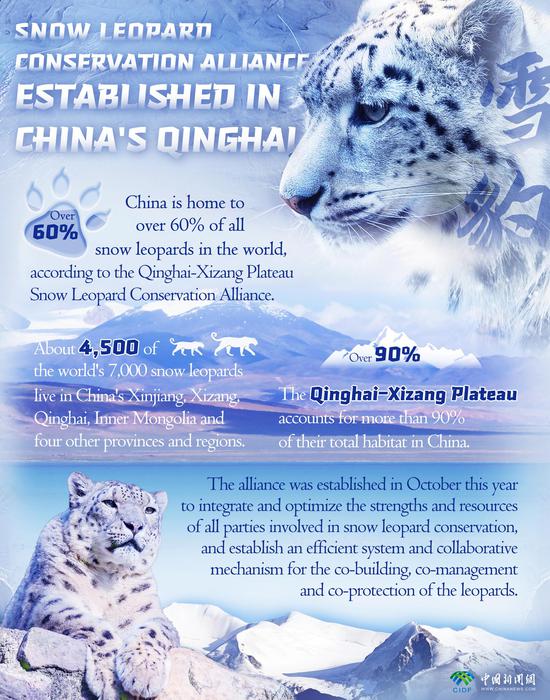





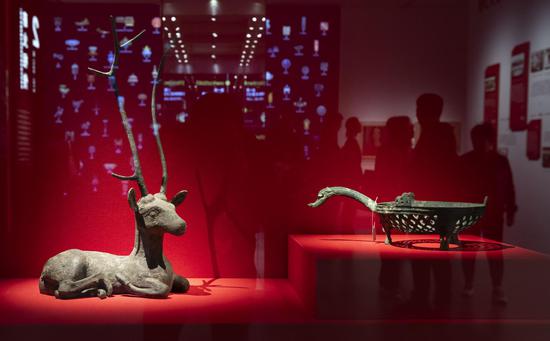


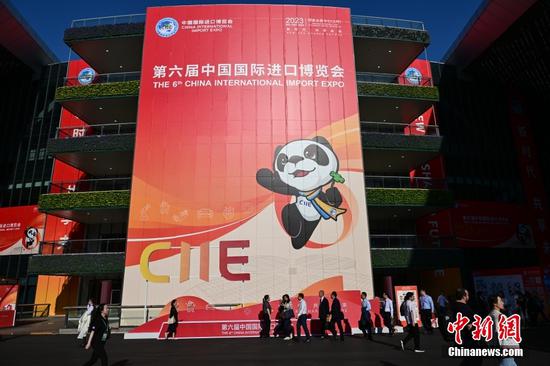


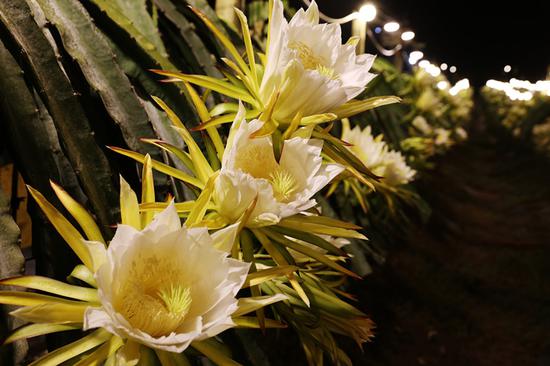
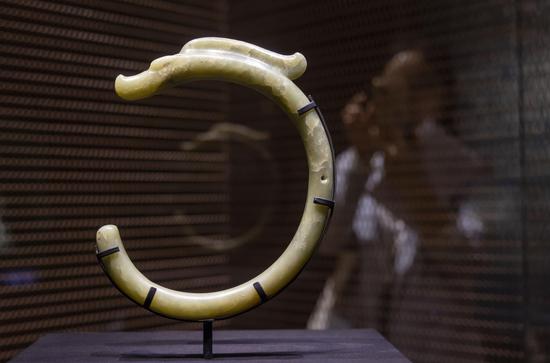





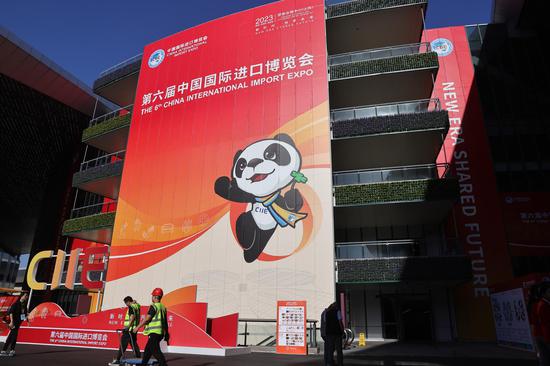



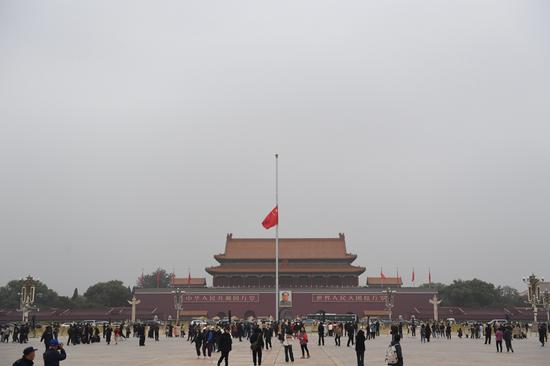



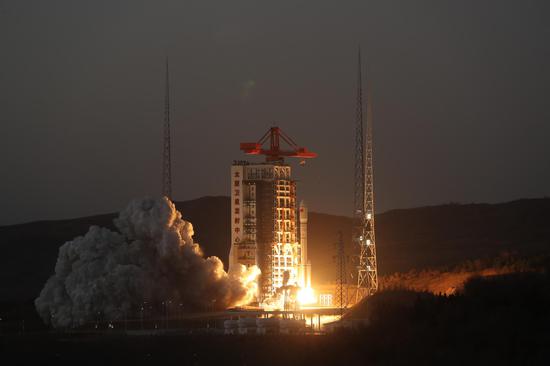
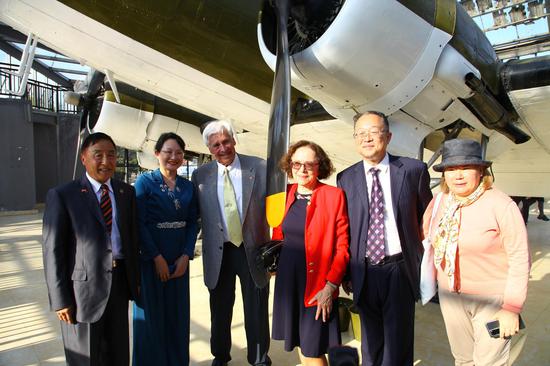





 京公网安备 11010202009201号
京公网安备 11010202009201号